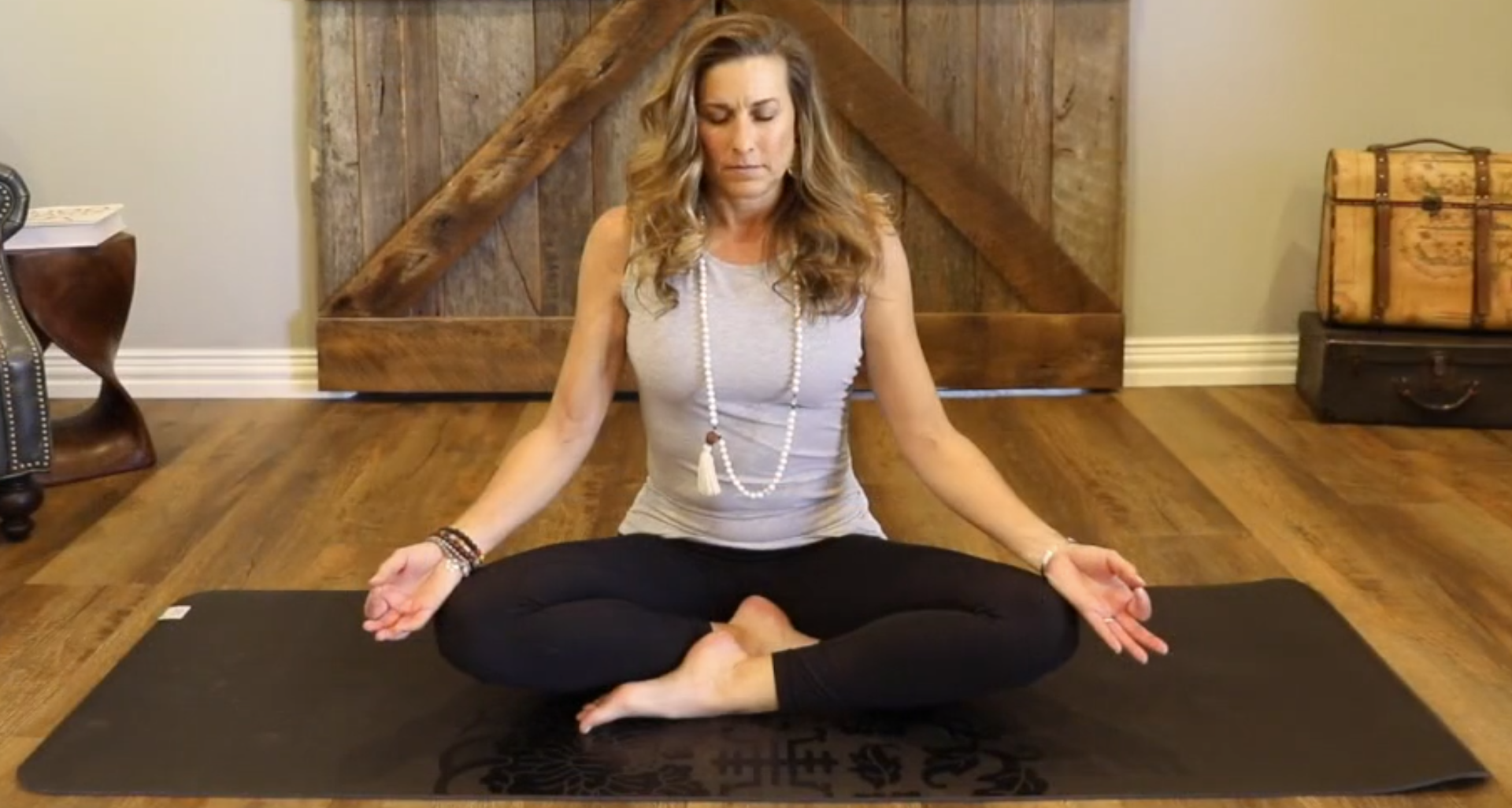CALL:
Has Betrayal Trauma Left You Looking for Strength to Move Forward?

What Is Betrayal Trauma?
Trust is something you didn't question with your spouse. After all the time you've spent together developing trust, your bond felt solid. Likewise, that bond has provided you with safety and security for a while now.
Then, the unthinkable happened. Now, you're dealing with grief and a sense of betrayal, unlike anything you have ever felt before. Emotions like anger, sadness, and fear are now rushing through you as if a dam within just broke.
It feels traumatic because you're experiencing the symptoms of trauma. After all, betrayal is emotional trauma. While your physical life may not be a stake, it may feel like the well-being of your mental state is long gone.
Experiences that break the trust and safety within a relationship cause feelings of betrayal. On a positive note, healing after betrayal trauma is possible. Likewise, there are ways to regain your strength and heal your heart. (Bloomforwomen.com)
What Are Some Symptoms of Betrayal Trauma?
There are many symptoms of betrayal trauma, and symptoms can come and go without warning.
The following are symptoms you may experience:
- anxiety
- depression
- exhaustion
- trouble concentrating
- irritability
- easily overwhelmed
- withdrawing from loved ones or social events
- isolation
- fear
- increase sensory sensitivity
- Feeling overwhelmed
- sleeplessness
- loss of appetite/overeating
- nausea
- headaches and body aches
- brain fog (lose things easily, memory loss, struggle to retain information)
- panic attacks
- flood of emotions
If you are experiencing the symptoms of betrayal trauma, there is a way to move forward. At Thrive Relational Recovery, we work with women every day to help them reconnect to their inner strength. We can help you too.
How Can I Find Strength After Betrayal Trauma?
Picking up the pieces after betrayal trauma can look different for everyone. However, here are three ideas that are applicable across the board.
- Give yourself permission to feel the pain rather than trying to bury or numb it. As you allow yourself to acknowledge what you're feeling, you're ensuring you don't detach from your emotions. Remember, while your emotions enable you to feel the pain, they also allow you to feel the happiness and joy in life, too.
- After you allow yourself to feel the pain, find something that brings you joy. In the dark moments, reflecting on what brings you happiness can help you detach from anger. Likewise, it's helpful to create a genuine disconnect from your sadness. If you're struggling to find something that brings joy, creating a daily gratitude list can be an excellent place to start. Betrayal trauma can leave you feeling many negative emotions that can take over your life. However, setting a goal to focus on feeling daily happiness can protect you from losing yourself to anger and bitterness.
- Find someone to talk to. Keep in mind, finding some one is different from finding everyone on your social media platform. As you find a friend or a professional therapist to turn to, you can begin talking through your emotions and experiences.
The road to healing often takes some time. Betrayal trauma will likely take you down a path that doesn't lead you back to the person you were before. Yet, your healing journey can also lead you to an inner strength you didn't know you had.
At Thrive Relational Recovery, we're here to help you find your feet and take the first steps toward healing from your betrayal trauma. Call us today.







